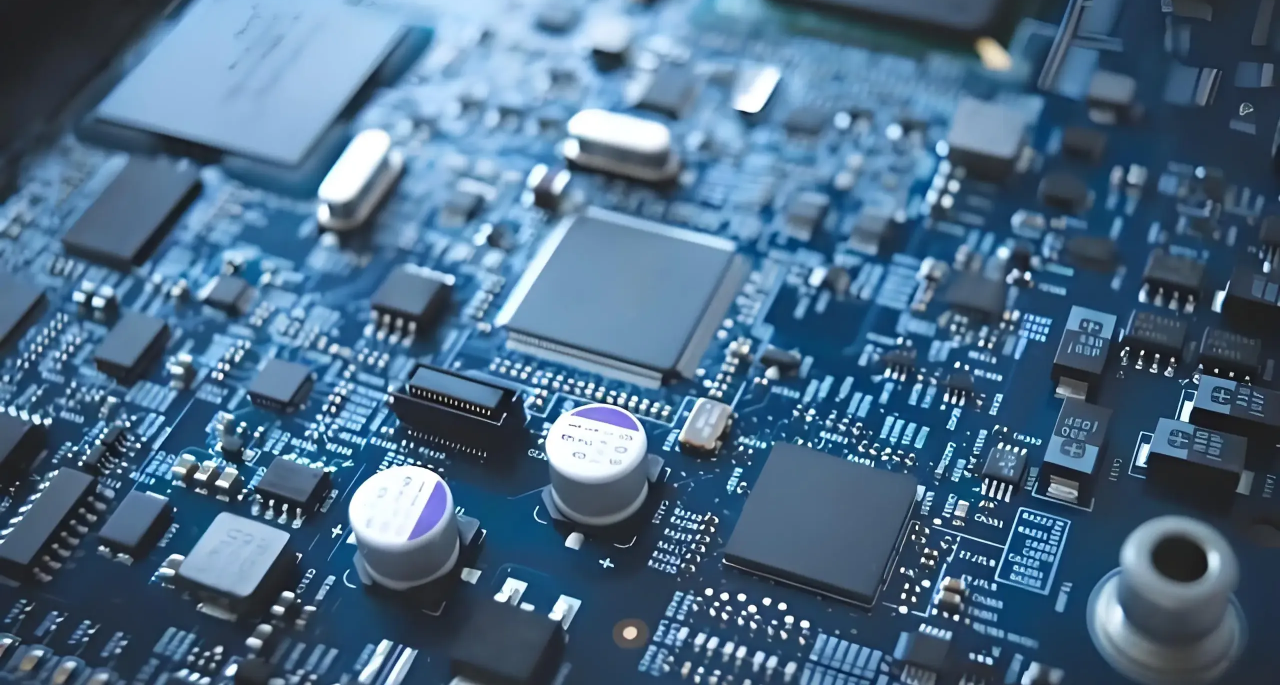India’s electronics manufacturing landscape is set for a major transformation under the newly launched Electronics Component Manufacturing Scheme (ECMS). The scheme, aimed at increasing domestic production of non-semiconductor components, has seen an industry-wide runaway response with proposals for investment totaling ₹1.15 lakh crore, well over twice the scheme’s initial aim of ₹59,000 crore.
Based on industry estimates, the rise in participation under ECMS can assist in doubling domestic value addition in the manufacture of finished electronic products from the present 15–20% to 35–40% in the next five years. This is a significant improvement towards diminishing dependence on imports and consolidating India as an international manufacturing powerhouse.
The program has received proposals from 249 firms, including major component segments like flexible printed circuit boards, electro-mechanical components, multi-layer PCBs, sub-assemblies, display modules, camera modules, and lithium-ion cells. These proposals are to be soon assessed by a committee for approval.
Amongst the largest investment proposals, enclosures for mobile phones, IT hardware, and other associated devices represent ₹35,813 crore. Other prominent segments comprise flexible PCBs (₹16,542 crore), electro-mechanical components (₹14,362 crore), multi-layer PCBs (₹14,150 crore), and display module sub-assemblies (₹8,642 crore). Cumulatively, more than 100 companies have offered investments of over ₹65,000 crore in merely three important segments electro-mechanical components, enclosures, and PCBs.
Industry specialists perceive the ECMS as a game changer in the electronics value chain that has the potential to generate mass employment on a large scale, facilitate technology transfer, and improve global competitiveness. The unprecedented response is also regarded as an indicator of increased confidence in India’s manufacturing ecosystem.
Union Minister for Electronics and IT Ashwini Vaishnaw revealed that against a production target of ₹4,56,500 crore, the government had received proposals for manufacturing electronics components worth over ₹10,34,000 crore. This staggering response underscores the scale of industry interest and further validates the ECMS as a transformative initiative for India’s electronics manufacturing sector.
He called this a “game changer,” emphasizing how the scheme reflects global trust in India’s electronics sector and its potential to transform the country into a manufacturing powerhouse.
The sector has called upon state governments to supplement the Centre’s effort by enhancing ease of doing business, streamlining regulatory procedures, and providing sector-specific incentives to maintain the momentum of investments. Collective action is likely to open up more opportunities, especially in component manufacturing, which would be the bedrock of self-reliant electronics production.
Through involvement by both national and international firms, the ECMS is considered a horizontal programme that will benefit all verticals of the electronics industry. By promoting the creation of sub-assemblies and core components in the country, the initiative will enhance India’s capability in electronic manufacturing and provide a basis for industrial growth in the long term.







